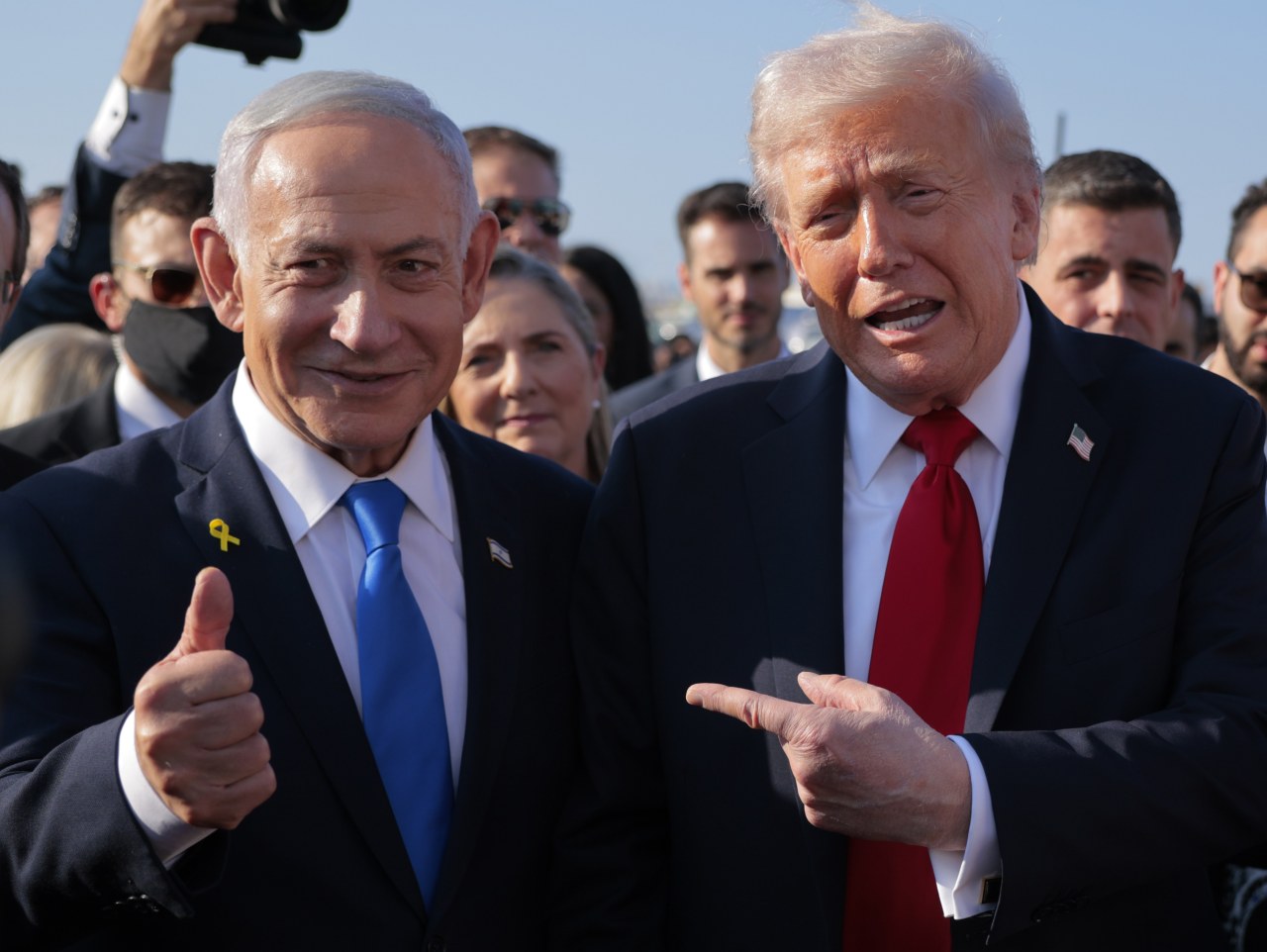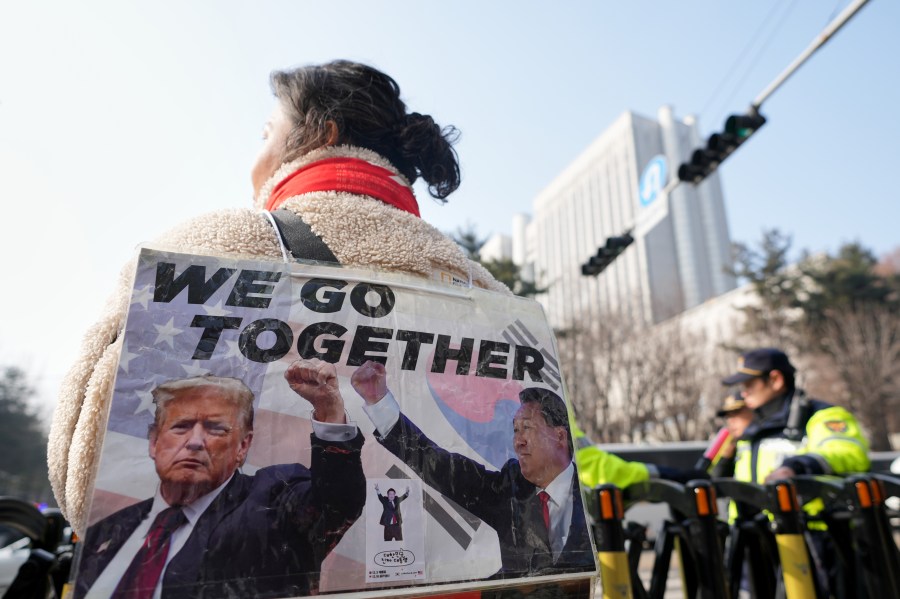Former U.S. President Donald Trump has formally requested that Israeli President Isaac Herzog consider granting a pardon to Prime Minister Benjamin Netanyahu, who is currently facing serious corruption charges in an ongoing trial. This development raises significant political implications as Netanyahu seeks to maintain his leadership amidst legal challenges.
As details emerge, it is clear that Trump’s request comes at a time when Netanyahu’s legal troubles have intensified, with the prime minister facing multiple charges, including bribery, fraud, and breach of trust. The trial began in March 2021 and has drawn considerable attention both domestically and internationally.
Political Context and Implications
The request was communicated through an official letter from Trump, wherein he expressed his belief that Netanyahu’s actions were politically motivated. This sentiment reflects Trump’s ongoing support for Netanyahu, a relationship that has been pivotal during both their tenures in office. Trump has previously praised Netanyahu’s leadership and policies, particularly regarding relations with the United States.
Netanyahu’s trial has been a contentious topic within Israeli politics, leading to protests and debates in the Knesset. Some supporters argue that the trial is an attempt to undermine his government, while critics contend that justice must be served without political interference. The potential pardon could influence public opinion and alter the course of Netanyahu’s political career.
Responses from Israeli Leaders
Israeli officials have yet to respond officially to Trump’s request. However, political analysts are closely monitoring reactions from various factions within Israel. Notably, Yair Lapid, leader of the opposition and former prime minister, has called the move “unprecedented,” emphasizing the importance of the rule of law in a democratic society.
The legal proceedings against Netanyahu have already impacted his administration, creating a divide among political allies and adversaries. Should Herzog entertain Trump’s request, it could spark further controversy and debate surrounding the integrity of the judicial system in Israel.
Netanyahu’s trial is set to continue, with the next hearing scheduled for April 2024. As the situation unfolds, the implications of Trump’s request will likely resonate beyond the immediate political landscape, influencing Israel’s governance and its relationship with the United States.
This request highlights the intersection of politics and law, showcasing how international relations can complicate domestic legal issues. As both leaders navigate their respective challenges, the outcome of this situation will be pivotal for Netanyahu’s future and the broader Israeli political scene.







